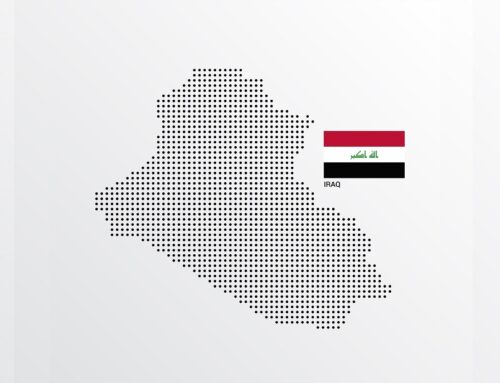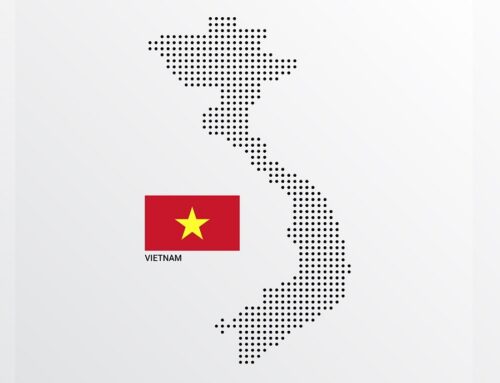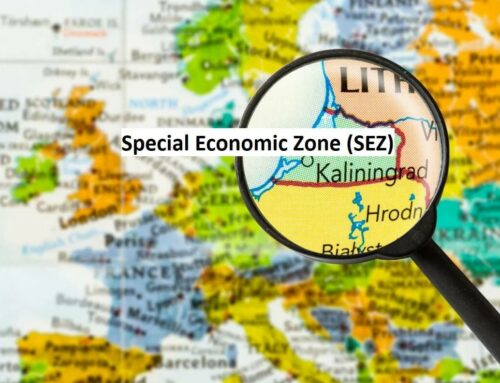The European Defence Fund, a security instrument and idea that was born in 2016 under the Juncker Commission, is targeted towards reducing the reliance the EU has on external defence technological and industrial bases. This effectively also implies that the European Defence Fund intends to cultivate the competitiveness and innovativeness of the European defence industry as a means to better the state of defence cooperation in the Union. By having a dedicated security instrument cultivated by the EU itself, the EU gains better footing in terms of strategic autonomy and also makes progress towards establishing a common defence policy as stated in the Lisbon Treaty. Particularly, the European Defence Fund also functions as a complementary instrument to existing defence initiatives of the European Union, seeking to reduce fragmentation amongst national states’ defence coordination and improving the blanket of security in the region.
While still in its materialising state, the European Defence Fund is one that hopes to address key challenges of the European Union such as security crises stemming from both within the region itself and neighbouring countries such as Russia and Turkey. Importantly, the European Defence Fund is not to be confused with a European Army. Despite being a common misconception, the European Defence Fund in fact, does not lead to the creation of a European Army but instead deals more with building up the capacity of the European defence industry.
Through the European Defence Fund, Member States will also be able to improve their own national military capacities, learn from the expertise of fellow Member States and also better coordinate the security and defence strategies for the region. A key concern at present has been the high fragmentation that exists in Europe’s weapons system and defence cooperation in general. This fragmentation not only reflects insufficient cooperation amongst Member States but is also financially inefficient. As such, it is hoped that through the European Defence Fund, an improved cooperation between Member States can be sought and not just from entities such as NATO.
Similarly, the European Defence Fund will also pave way for important research and development in the European defence industry such that there can be long term benefit to the project as well, whereby the EU is decreasingly reliant on arms purchase from countries such as Russia and the United States. This research is to include cross-border participation and also involve the expertise of small and medium-sized enterprises. Through this, there is also the long term expectation for the European defence industry to improve its financial efficiency.
Position of Visegrád countries
Considering the position of the Visegrád countries, all four countries are largely in favour of the European Defence Fund proposal as put forth by the European Commission.
Czech Republic
In addition to supporting the European Defence Fund, the focus of the Czech Government also lies in ensuring that the fund itself benefits the Czech defence industry, without falling into duplication with existing Czech military capacities. Specifically, the Czech Republic looks towards the fund as a means to improve the coordination between Member States concerning security and defence matters and is positive towards the inclusion of Small and Medium Enterprises in the research and development phases of the project. Finally, as a main criticism, the Czech Government primarily is not in favour of subsiding third states who cooperate with the EU on such defence projects.
Hungary
The Hungarian Government’s support of the European Defence Fund lies largely in its view of how this security instrument will improve the standing and independence of the EU’s defence position and thereby, European strategic autonomy. By reducing the dependence that the EU has on Russia, the United States as well as NATO in general, Hungary believes that there can be tighter and more effective cooperation between Member States, while also tapping on research and development through the fund. Hungary views this independence as crucial and necessary for Member States when dealing with crises that arise in the region.
Poland
The Polish support of the European Defence Fund is similar to that of the Czech Republic’s when looking at the interest of the state in enhancing its national capacities. Additionally, Poland calls for careful implementation of the fund whereby there is no duplication with the existing initiatives of NATO. The Polish Government, like Hungary, also views favourably towards the establishment of the European strategic autonomy by means of the European Defence Fund. On the end of Poland, it sees the fund as a means to assist and complement NATO’s defence against Russia and Russia’s influence in the region.
Slovakia
Like the Czech Republic and Poland, the Slovak Government is in favour of the European Defence Fund largely since it allows for the building of domestic defence capacities, capitalizing on the research and innovation opportunities the European project will bring. Slovakia also possesses a stronger interest in the European Union establishing its own independent military capacities since the country is reliant on military equipment from Russia. As such, despite being a smaller country in the European Union, Slovakia would have the opportunity to tap on the European project, its funds as well as the coordinated expertise and capacities from other Member States to better its own domestic security and defence grounds.




